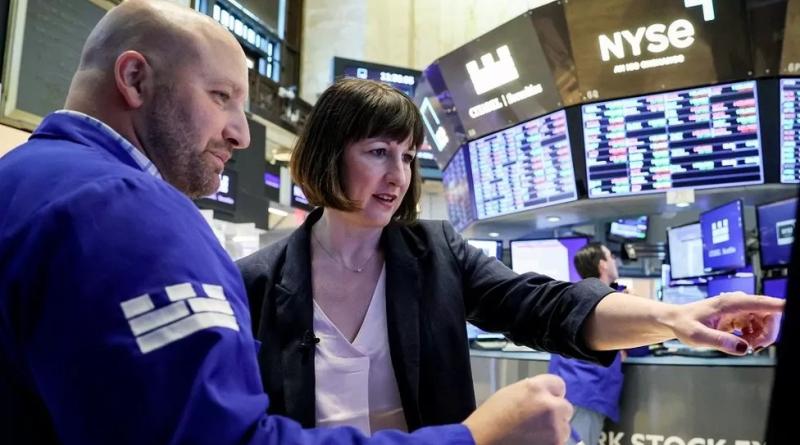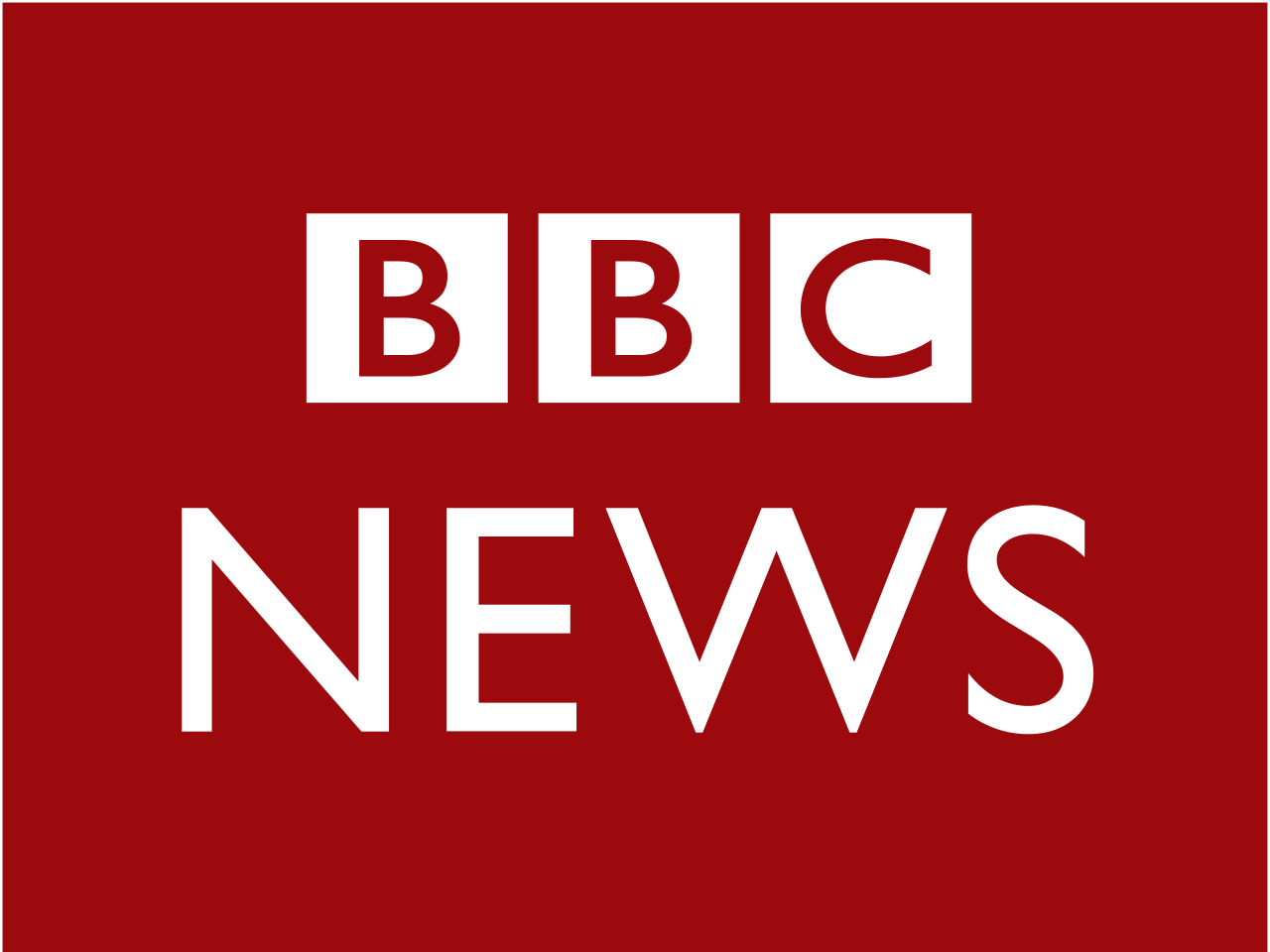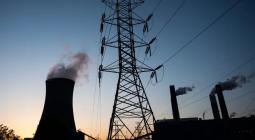Rachel Reeves waters down Labour £28bn green projects pledge

Labour has rowed back on its pledge to invest £28bn a year in green industries if it wins power, saying it needs to be "responsible" with the public finances.
In 2021 Labour promised to spend £28bn a year until 2030 on green projects, funded by borrowing.
Instead shadow chancellor Rachel Reeves said she would now ramp up investment over time from a 2024 election win, reaching £28bn a year after 2027.
She told the BBC it was important not to be "reckless" with spending.
Speaking to Radio 4's Today programme, Ms Reeves said the Tories had "crashed the economy", adding that after prices and interest rates increased "financial stability has to come first".
Factors including the war in Ukraine have seen inflation soar and the Bank of England has increased interest rates, making borrowing more expensive, in an attempt to tame rising prices.
Former PM Liz Truss's mini-budget last year, which included billions of pounds of unfunded tax cuts, also prompted turmoil in the financial markets and led to interest rates rising further.
- Analysis: Why has Labour U-turned on its green pledge?
- Labour unveils Biden-inspired economic strategy
- Labour plans publicly owned renewable energy giant
"The truth is I didn't foresee what the Conservatives would do to our economy," Ms Reeves said.
"We will get to the investment that is needed. But we've got to do that in a responsible way."
However, pressed on how much investment there would be in the first year of a Labour government, Ms Reeves would not commit to a figure, arguing the economic backdrop would not be clear until closer to the time.
Announcing the party's Green Prosperity Plan in 2021, Ms Reeves said the £28bn would come from borrowing and would be spent on projects like offshore wind farms and developing batteries for electric vehicles.
Since then the economic picture has changed considerably, with interest rates and borrowing costs soaring.
Labour wants to be seen as economically credible and privately there had been concerns raised about whether the £28bn of investment was affordable in the current context.
There have also been complaints about how the policy has landed, with some worried the £28bn figure was better known than what the money would be spent on.
The Conservatives have also used the alleged dangers of the policy - that extra borrowing could increase interest rates and mortgage costs - as an attack line.
However, the change in tack could make it more difficult to deliver Labour's aim of generating all electricity without using fossil fuels by 2030.
Conservative Party chairman Greg Hands said Labour's main economic policy was "in tatters" after they realised "it would lead to disaster".
"It doesn't matter if they try and pretend otherwise, Labour's plan remains to stick £28bn of borrowing on the government credit card which will lead to higher inflation and higher interest rates," he said.
The SNP's Westminster leader Stephen Flynn said the move was "the latest in a long line of broken promises" from Labour, which "could have very real and damaging consequences for Scotland's green energy potential".
Green Party co-leader Adrian Ramsay said Labour had offered a policy which "does not go far enough" and then "row[ing] back at the first sign of any difficulty".
Ms Reeves was also critical of the deal Prime Minister Rishi Sunak secured with the US on his visit to Washington this week.
Plans for a full free trade agreement have been abandoned but the new proposals include allowing UK electric car firms access to US green tax credits and subsidies.
Ms Reeves, who visited the US herself last month, said she was "staggered" that Mr Sunak had returned with "no industrial plan for Britain".
She has said Labour is taking inspiration from US President Joe Biden's plan to tackle inflation and create jobs, which includes a huge package of subsidies and tax breaks for green industries.
But she said her "secureonomics" strategy would be "built on the rock of financial stability and economic security", with strict limits on borrowing.
Labour has also promised to create a publicly owned renewable energy company to create jobs and improve the country's energy security.
Last week the party pledged to ban new licences for oil and gas production in the UK, despite concerns from unions this could cost jobs.
cover photo:achel Reeves toured the New York Stock Exchange on a three-day visit to the US last month





